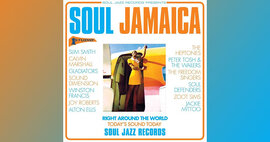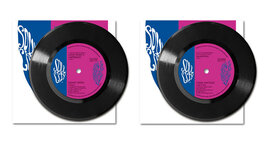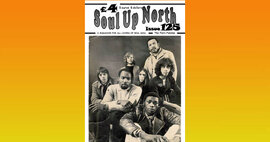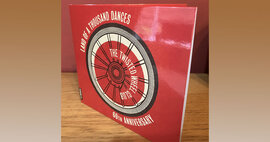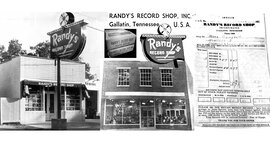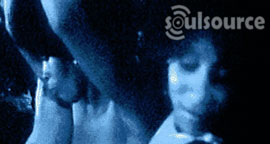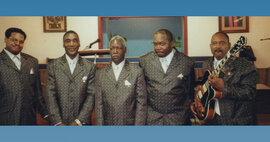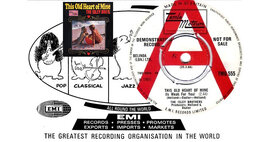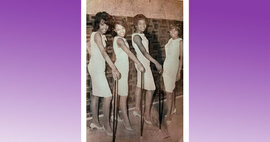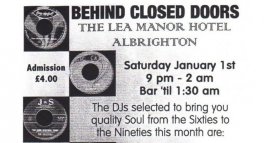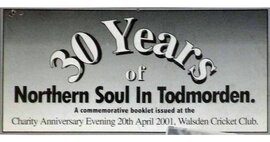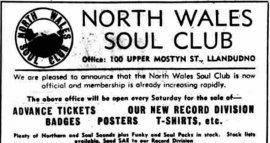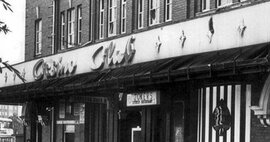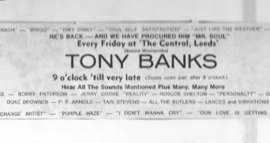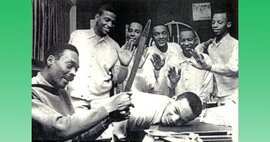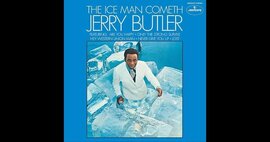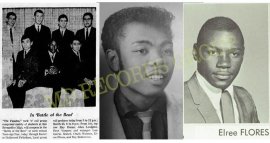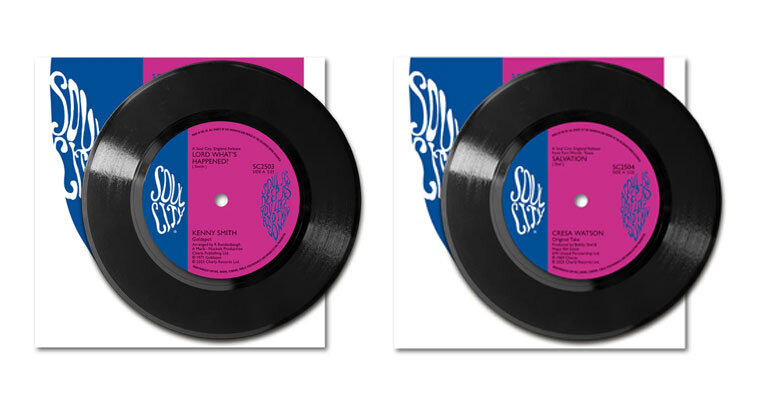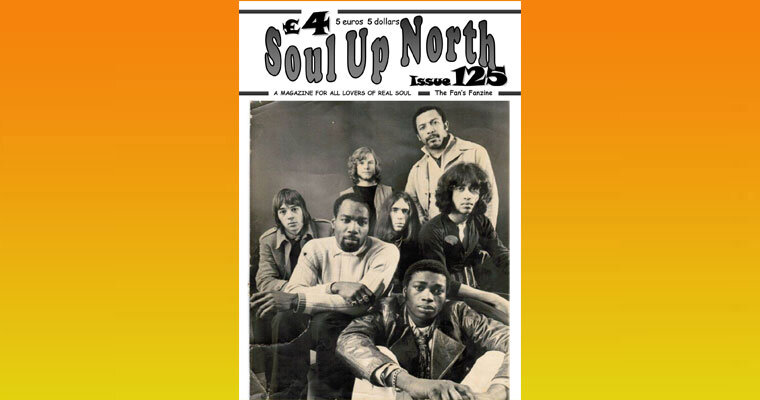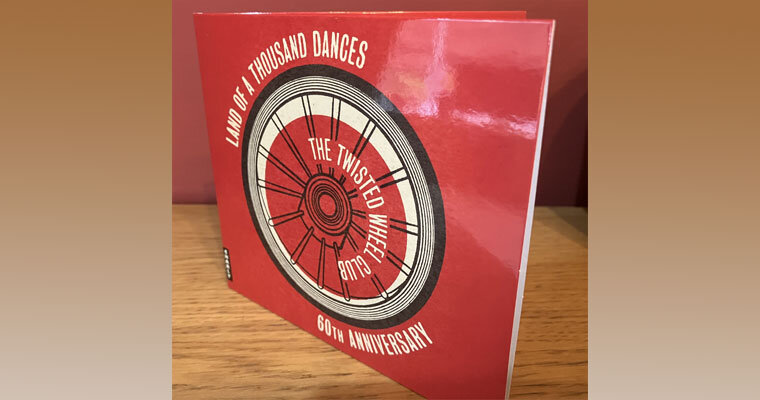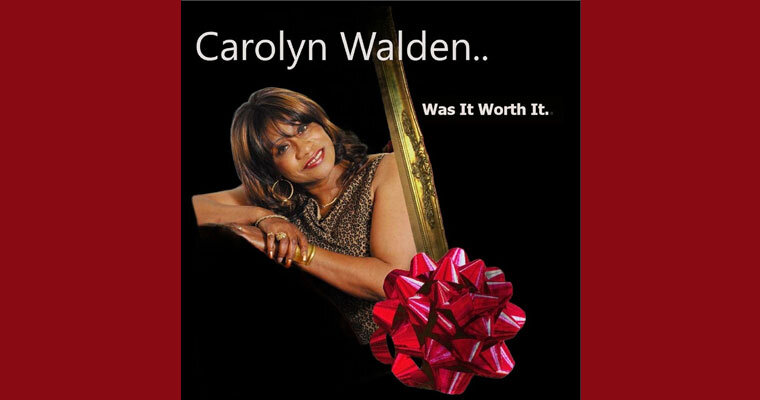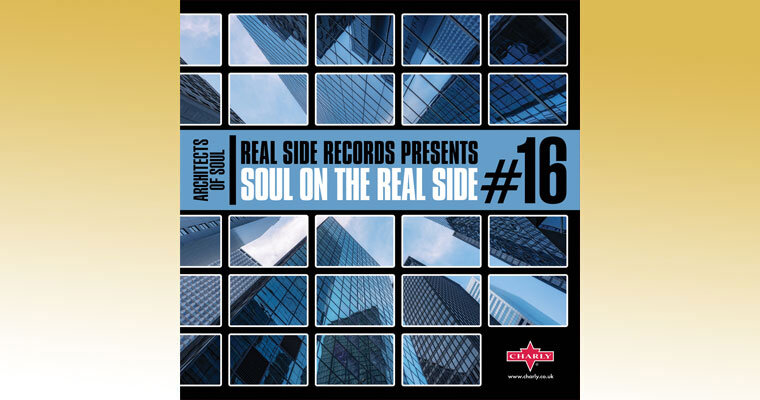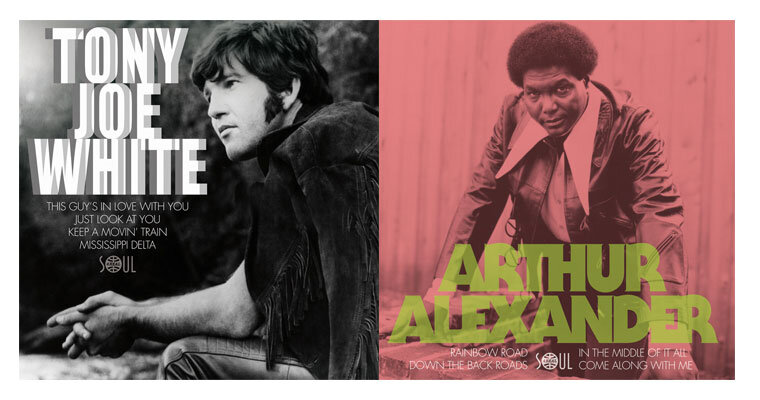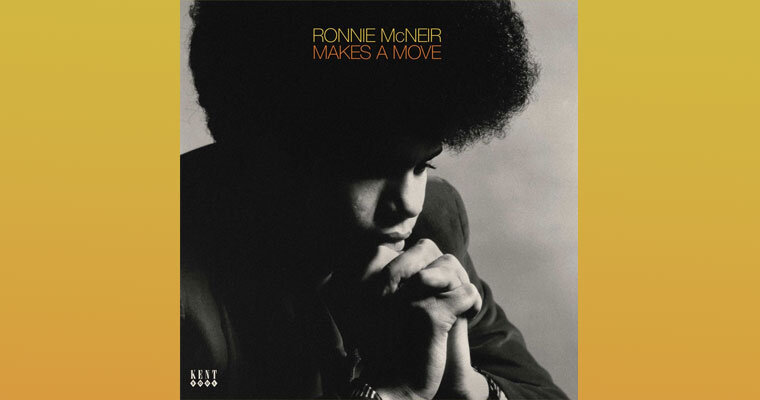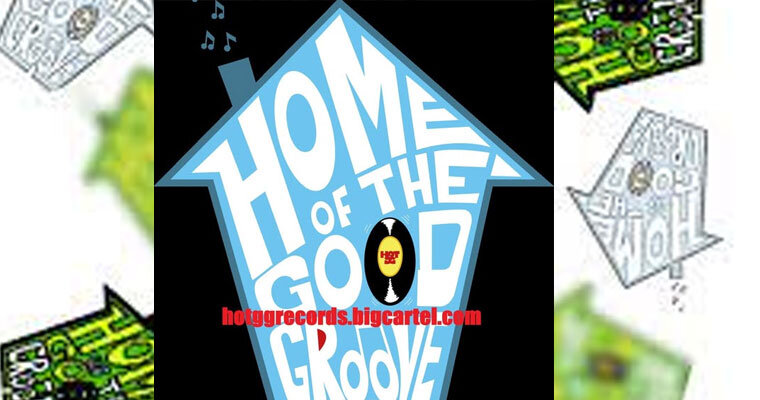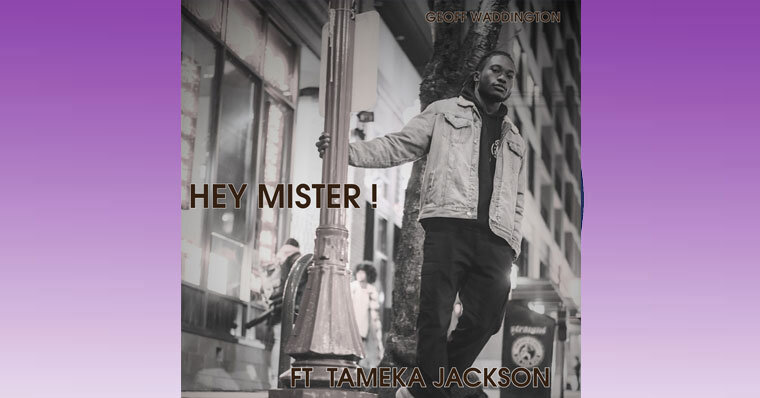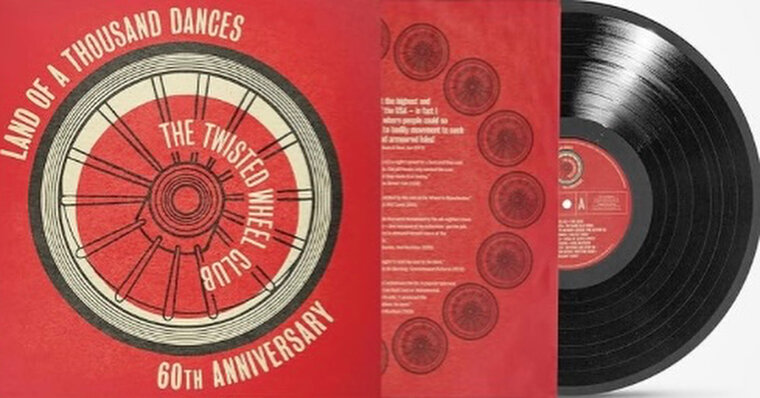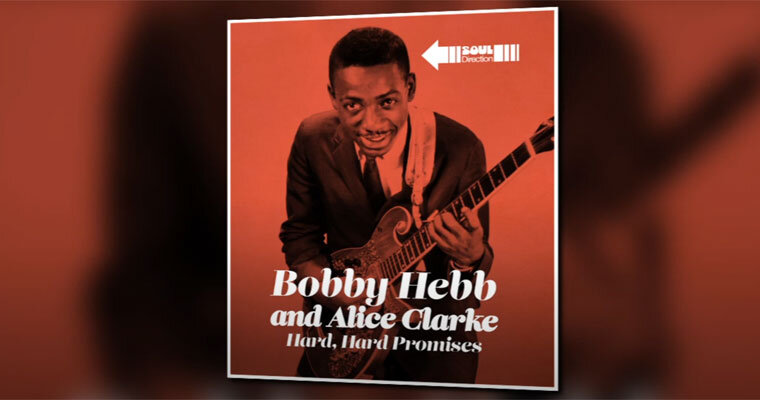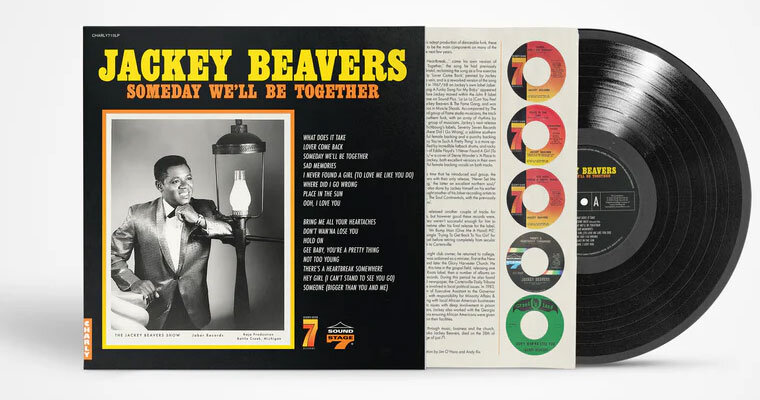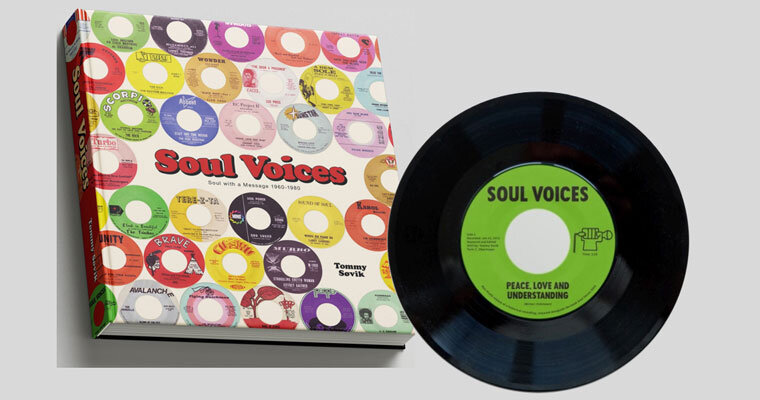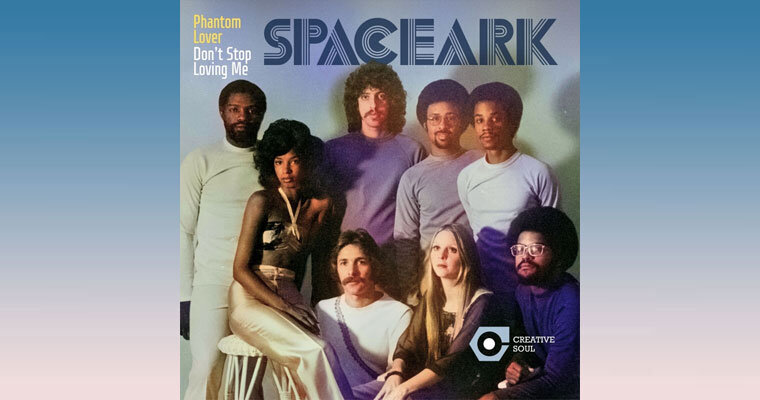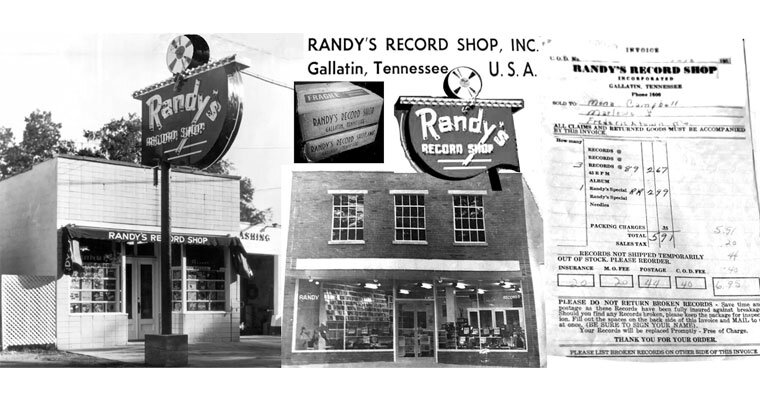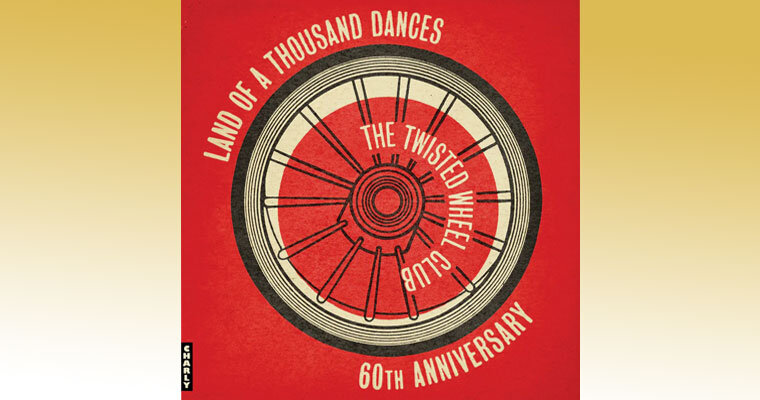5 brand new Kent singles now out and about. Four Kent Select/City and one Repro release. Release notes, scans and audio follow below...
Release Titles
CITY 104 - Clarence Daniels Orchestra/ Got A Good Thing Going On/ Hard Working Girl
CITY 105 - Doris Willingham/Taylor Brothers/ Make It On Out/Holding On
CITY 106 - The Sherilles/ Nobody's Gonna Love You/ Make It On My Own
CITY 107 - Pat Livingston/ We've Reached A Dead End/ Sugar Love
REPRO 28 - Jeanette Jones/ You'd Be Good For Me/ Cut Loose
CITY 104 - Clarence Daniels Orchestra/ Got A Good Thing Going On/ Hard Working Girl
01 - The Clarence ... A Good Thing Going On.mp3
02 - The Clarence ... - Hard Working Girl.mp3
The session that Clarence Daniel featured Obie (Young) Jessie as the vocalist, consisted of three marvellous jazz/soul tracks. Two sides sold very poorly on release on the Modern subsidiary Affiliated in 1966. However, early in the next millennium, ‘Hard Working Girl’ was picked up and played by retro DJs to great acclaim. The demand for the few, scarce existing copies, rocketed the price, thereby leading to Kent re-releasing it.
The third recorded track at the session, was equally excellent, so we have taken the opportunity to release ‘Got A Good Thing Going On’ on vinyl as a Kent Select 45 for its many fans. With ‘Hard Working Girl’ now deleted and still needed by more recent converts, it makes for a great new release.
CITY 105 - Doris Willingham/Taylor Brothers/ Make It On Out/Holding On
01 - Doris Willingham - Make It On Out.mp3
02 - The Taylor Brothers - Holding On.mp3
This exciting 45, features two previously unheard 60s, New York soul, dance tracks.
Big Apple session singer and occasional composer, Doris Willingham, first had a rare release on the Hi-Monty label in 1966 and then in 1968 cut four sides for drummer Bernard “Pretty” Purdie. All were produced by Richard Tee and co-written with Doris. They were licensed to Ed Kassner who launched his Jay Boy label with ‘You Can’t Do That’ in both the UK and the USA. A change of strategy caused the US label to be discontinued after two releases and the UK then switched primarily to home-produced recordings. The two best Willingham sides lay dormant at President’s tape library until Ace released the killer ballad ‘Too Much To Bear’ in 2005. The fourth track is this superb dance number featuring the great Purdie band, no doubt featuring his usual bassist Jimmy Tyrell, who arranged the Hi-Monty 45.
The Taylor Brothers ‘Holding On’ is a much grittier affair, produced by Maxine Brown’s husband at the time, Mal Williams. The duo were Bennie “Earl” Bunn and Sam “The Man” Taylor and they wrote this, the third track recorded at the session that produced the ‘People In Love’ single on Joy. Sam had been a major mover in NYC black music circles since the 50s with his own bands and had fingers in many pies. The duo gave a performance worthy of some of the great 60s male soul couplings.
CITY 106 - The Sherilles/ Nobody's Gonna Love You/ Make It On My Own
01 - The Sherilles - Nobody’s Gonna Love You.mp3
02 - The Sherilles - She’s Gonna Make It.mp3
West coast writer / producer George Semper recorded four sides on the Sherilles − a group led by Vessie Simmons, who had been lead singer for the Ribbons in the early 60s. She would go on to have a prolific solo career in the 70s, right through to the 90s. Ace sleuth Alec Palao found four Semper-produced sides on two DCT acetates and we licensed the rights from the Semper family. These fully realised recordings are from 1968 when the group had to swiftly change their name from the attempted one of the Shirelles − which they had hoped to get away with, and presumably cash in on that outfit’s fame. A court injunction put paid to that plan and though the name change was only slight, it was never tested in court, as the tracks were never issued. ‘Nobody’s Gonna Love You’ is an excellent George Semper song and judging by the 100 Club’s audience reaction to recent plays will become a staple of forward-thinking club’s playlists.
‘She’s Gonna Make It’ is in the same groove and not far short of the A side. Vessie would re-write and re-record it in 1975 as ‘I Can Make It On My Own’ for a solo release on her Simco label.
CITY 107 - Pat Livingston/ We've Reached A Dead End/ Sugar Love
01 - Pat Livingston - We’ve Reached A Dead End.mp3
02 - Pat Livingston - Sugar Love.mp3
The Money Records 2” multi-track tape of ‘Sugar Love’ and ‘You Bet I Would’ revealed an unknown title ‘We’ve Reached A Dead End’. This turned out to be a beautiful Richard Cason-penned ballad which featured a lush, dramatic arrangement by Los Angeles musician Ray Jackson, complete with male backing vocals.
Cason co-produced the three songs with producer Hadley Murrell who licensed the recordings to Ruth Dolphin at Money. ‘Sugar Love’ only appeared on the flip of the second pressing of ‘You Bet I Would’, the instrumental was used initially. ‘Sugar Love’ is in itself in-demand as a dance track. Money 606 did not sell enough to warrant a further release and the track lay unmixed in the vault until now.
Interestingly the tape was dated May 1973, just prior to the two releases, and was described on the box as a rework of a tape from July 1971 - the music certainly wasn’t rushed.
REPRO 28 - Jeanette Jones/ You'd Be Good For Me/ Cut Loose
01 - Jeanette Jones - You’d Be Good For Me.mp3
02 - Jeanette Jones - Cut Loose.mp3
The Golden State Recorders LP that Leo Kulka cut on Jeanette Jones in 1969 lives on, despite being undiscovered until this millennium. With the funkier end of the soul spectrum becoming more in vogue in recent years, ‘You’d Be Good For Me’ comes into its own as a perfect dance track for several current scenes. Co-written by Jeanette with the distinguished Gerry Goffin and Barry Goldberg, the song and production are exemplary – this 45 rpm release is well-earned.
We’ve grabbed the chance to reactivate ‘Cut Loose’ from the same sessions, as the original Kent 45 release now fetches a couple of hundred quid. With legendary 100 Club DJ Butch now spinning it from a recently acquired original acetate, it will only gain more interest among rare soul fans.
Availability
All three of these brand new 45s are now available via Ace Records website (tap here), and various record stores including our very own Source Store (tap here to visit)
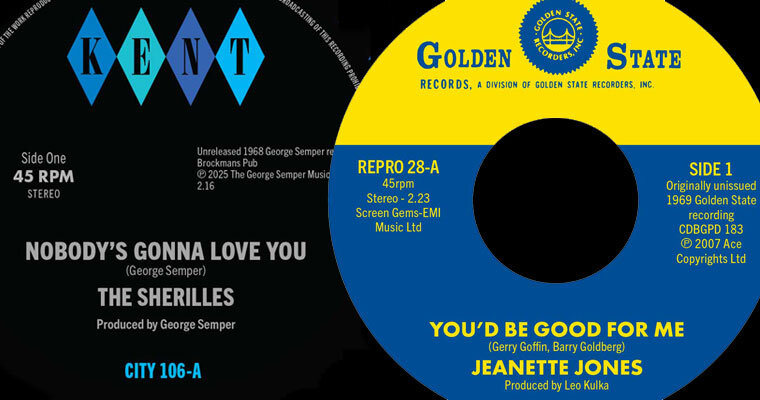
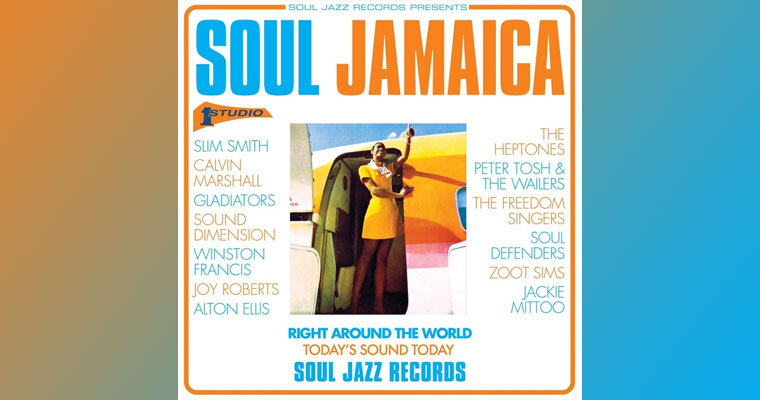 Soul Jamaica -Various Artists - Soul Jazz Records Featuring Alton Ellis, Jackie Mittoo, The Heptones, Sound Dimension and more! New album from Soul Jazz Records, available in vinyl, cd and download formats Release notes Soul Jazz Records’ new Soul Jamaica brings together a wicked selection of reggae funk and soul tracks from the legendary Studio One stable, featuring a stellar line-up of artists including Jackie Mittoo, The Heptones, The Gladiators, Sim Smith, Peter Tosh and The Wailers, Cedric
Soul Jamaica -Various Artists - Soul Jazz Records Featuring Alton Ellis, Jackie Mittoo, The Heptones, Sound Dimension and more! New album from Soul Jazz Records, available in vinyl, cd and download formats Release notes Soul Jazz Records’ new Soul Jamaica brings together a wicked selection of reggae funk and soul tracks from the legendary Studio One stable, featuring a stellar line-up of artists including Jackie Mittoo, The Heptones, The Gladiators, Sim Smith, Peter Tosh and The Wailers, Cedric

